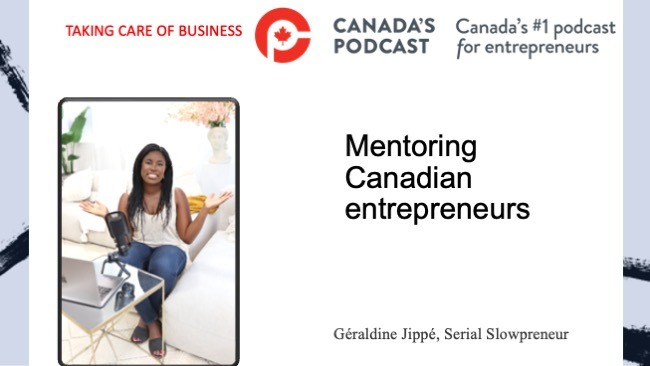There is much work to be done for any organization when it comes to responding to the effects of COVID-19, but moving forward the focus should be squarely directed on innovation, says EY global chief innovation officer Jeff Wong.
Speaking last month at the virtual MOMENTUM technology and business conference organized by Reuters Events, Wong pointed out that “we have seen disruptions before, and we know a time of disruption is difficult. But we also see possibilities, and possibility can soon translate into opportunity.
“The world is not going to look the same, we cannot just return back to normal. We have to return to better, which is why innovation is so critical to big companies and small companies and even to individuals.”
An opportunity exists, he said, “to reimagine and reframe how we approach who we are, what our purpose is and to also to how we answer the biggest global challenges in front of us.”
The event, which organizers say, was attended by 15,500 people from 20 different countries, focused on four key themes:
- Sustainability and why a more sustainable world requires dramatic changes in how we produce and distribute goods, feed ourselves and move from one place to another, plus how shifts in behavior are paving the way for more sustainable practices.
- Trust and ethics, and how technological innovation and disruption is developing faster than our existing institutions are shifting. The event aimed to answer pressing questions about the positive and negative impact technology can have on our society.
- Economy and how technology will impact the future of work; with seismic shifts in global employment practices, now is the time to craft the future of the working world, explore new business models and talk tech skills.
- Society and how education, healthcare and civil society must be reimagined through the lens of what is possible with technology now that it is permeating every aspect of life.
MOMENTUM featured more than 40 speakers across 25 live and 15 on-demand sessions. The agenda included case studies, Reuters editorial interviews and one-to-one networking services.
In his address, Wong said that in order to translate possibility into opportunity, innovative strategies must be adopted.
To that end, every organization regardless of size is capable of implementing them, but it takes courage to make it happen, he said.
This involves:
- Knowing not just where you are today, but where you want to get to: “You don’t have all the steps in between but you are willing to take that first step and have a willingness to make important decisions at a pace where you risk failure.
- Bringing a start-up mentality that encourages a willingness to try new procedures in order to see the next big idea.
“Everybody understands the playbook, but so few execute it well,” he said. “Why is that? I will be honest; I have seen a ‘lot of searching for the secret sauce’ or ‘finding the magic wand’.
The success we are seeing stemmed from a mindset shift at the very top of the firm. And that mindset shift gave permission to the entire firm to think innovative.
There is, he added, a need to move quickly as a result of the pandemic.
“What companies planned to do over the next three to five years they are doing over the next six to 12 months. A third of the companies we talk to our accelerating their investment in technologies such as artificial intelligence and doing it in the middle of a pandemic and middle of an economic downturn.”
As for the overall impact all of this innovation is going to have, Wong predicted that there are companies that are going to be “carried up” by these opportunities and companies that will fall back.
“For those of you who like car-racing analogies, we call it winning in the turn,” he said. “The companies that take the turn a little faster, hit the gas a little sooner are able to come out of these environments with momentum.
“They break away from the pack and it is important for all of us to think about this right now. How are we breaking away from the pack? How are we hitting the gas a little bit sooner? How are we acting quickly against possibilities that are turning into opportunities right in front of us?
“We are all coming quickly towards a unique moment of reinvention. There is an opportunity to do better and an opportunity to be better than we were before.”





